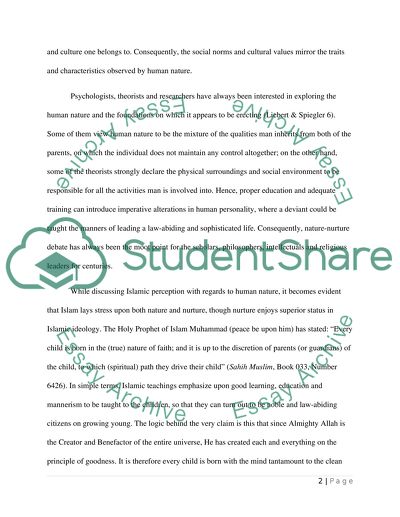Cite this document
(“Human nature Essay Example | Topics and Well Written Essays - 1500 words”, n.d.)
Retrieved from https://studentshare.org/english/1637210-human-nature
Retrieved from https://studentshare.org/english/1637210-human-nature
(Human Nature Essay Example | Topics and Well Written Essays - 1500 Words)
https://studentshare.org/english/1637210-human-nature.
https://studentshare.org/english/1637210-human-nature.
“Human Nature Essay Example | Topics and Well Written Essays - 1500 Words”, n.d. https://studentshare.org/english/1637210-human-nature.


